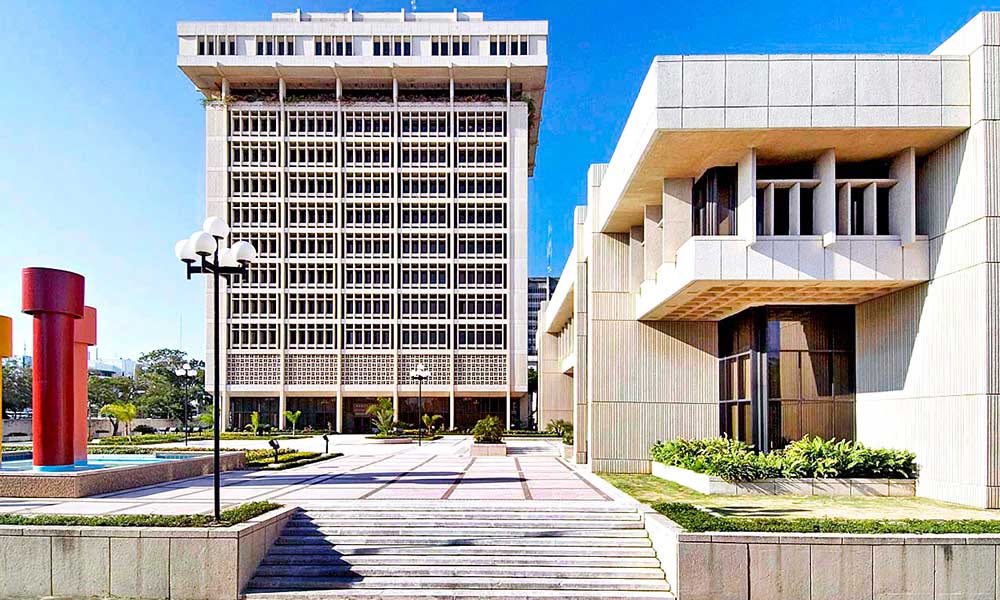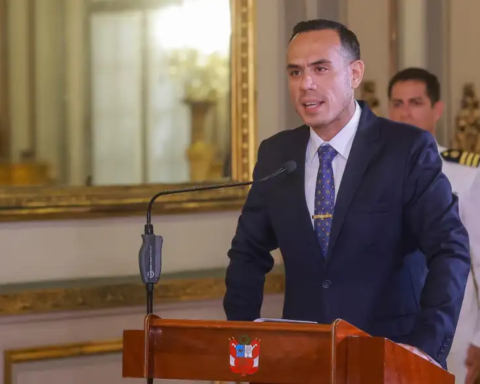The President of the Republic, Luis Lacalle Pou, promised this Wednesday to reduce the Social Security Assistance Tax (IASS) over the next year which taxes the highest pensions, and the Personal Income Tax (IRPF) paid by employees, to the extent that the numbers of the economy improve.
“I want to make a commitment on behalf of the government. The other day (Economy Minister Azucena Arbeleche) reported on the financial forecasts for this year. It is clear that he has credibility,” said the president during the message to the General Assembly on the occasion of the second year of government.
“(…) We have a firm commitment to comply with what was agreed in the Commitment by the country, to obtain satisfactory results in the economy, to reduce the IASS and to increase the deductions in the lowest IRPF bands in the year 2023 ”, affirmed the president.
According to the government, the Gross Domestic Product (GDP) would have grown around 4.5% in 2021 -the final data will be known on March 23- and an expansion of 3.8% is estimated for the current year, with which that the economy would maintain an interesting dynamism in the face of 2023. Meanwhile, the projected fiscal result in 2022 for GC-BPS remains at 3.1% of GDP. The goal is to bring the red of the public accounts to 2.5%, for which it is already very close to reaching that objective when it has been halfway through its management.
Since taking office, the economic team has focused on the improvement and sustainability of public finances. The first two years of management have guided that line and the goals set have been exceeded, with prudence in the execution of public spending and increased spending focused on specific programs.
Income tax and IASS
The minimum non-taxable personal income tax is $36,148 per month. However, this amount does not take into account the deductions that are calculated for the payment of this tax (Fonasa, retirement contributions, Labor Reconversion Fund, among others), so the limit to pay taxes will be higher depending on the deductions that can be made. each worker.
Last year the government collected $88,062 million (about US$2,062 million) from this tax. The majority corresponded to income tax category II (income on work) $ 74,000 million (about US $ 1,733 million). This tax represented 14.6% of the total income of the General Tax Directorate.
While collection by IASS was $13,555 million (about US$317 million)and represented 2.7% of total treasury income. The non-taxable minimum is currently equivalent to $41,312 in retirement.
Alfie’s vision
In October of last year, the director of the Planning and Budget Office (OPP), Isaac Alfie, had left the door open to review Uruguay’s tax pressure if the economy boosts its growth rate and improves the imbalance in public accounts during the current period of government.
Interviewed by Quien es Quien of Diamante FM and channel 5, the chief recalled that the country’s income tax rates for individuals and companies are among the “highest” in the world. In the case of Personal Income Tax, Alfie recalled that his design has deductions that are marginal and that his calculation is made on the gross income and not on the net, so its weight is greater than in other countries.
Asked if there was room to correct and reduce this tax pressure, Alfie replied that “given the fiscal situation, it seems difficult that something very big can be done. There, everything will depend on economic growth and how many additional resources” the economy can generate in the remainder of this period.
For her part, weeks ago the director of Economic Policy Marcela Bensión He said in an interview with Search that in the first two years of the pandemic “it was very difficult to think of reducing the tax burden.” However, cHe commented that now the government is focused on the “long lights” to advance in more structural reforms and that one of the “alternatives” that is under analysis to improve economic policies is “tax”, although he avoided going into greater detail about when such a review could take place.
“Reducing taxes is inadmissible”
For his part, the economist, Javier de Haedo, stated on his Twitter account that “reducing taxes when there is still a considerable fiscal deficit is inadmissible.” And in reference to the IASS he stated that “reducing that particular tax is unfair” because “it would benefit the section of the population where there is less poverty and among them, those with higher incomes,” he pointed out.

















